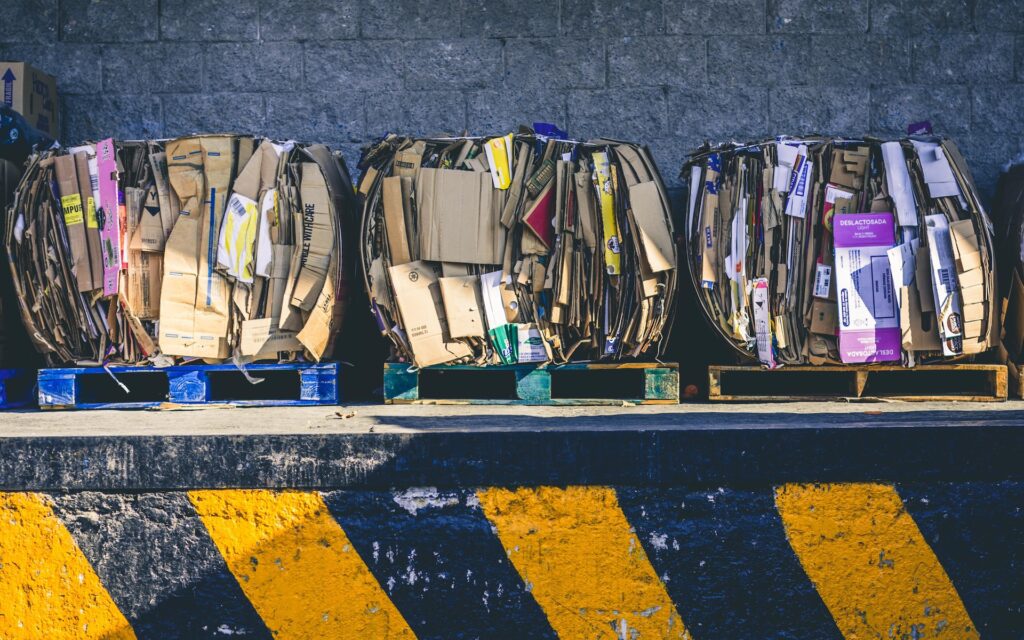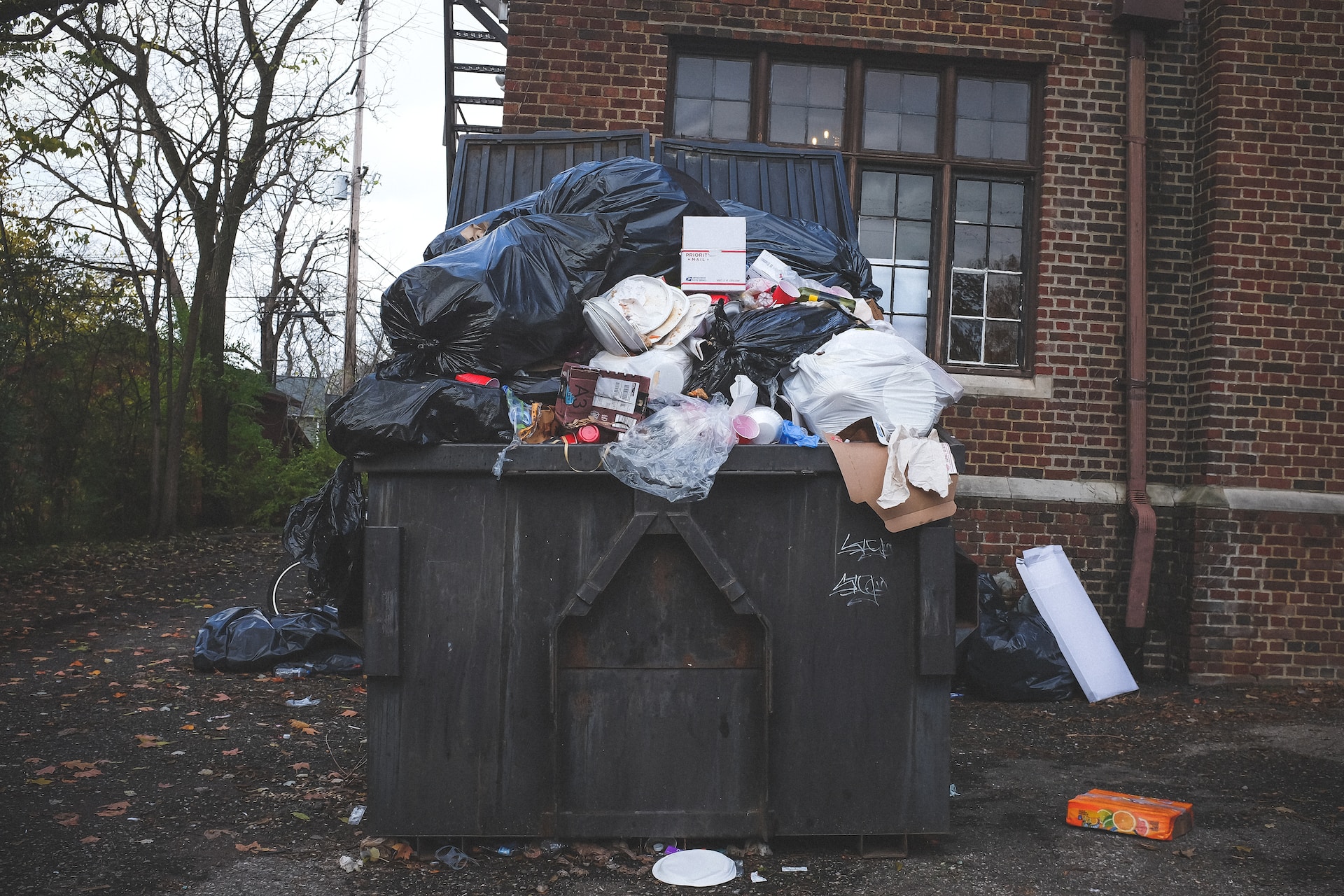
Why Garbage Separation Matters: Environmental Impact and Benefits
Introduction
In a world facing increasing environmental challenges, one small but powerful step we can take is the practice of garbage separation. This seemingly mundane task has far-reaching consequences for our planet. In this comprehensive article, we will delve deep into the environmental impact and the multitude of benefits that come with garbage separation.
The Basics of Garbage Separation
Before we dive into the environmental impact and benefits, let’s start with the fundamentals. What is garbage separation, and how does it work?
Garbage separation is the process of categorizing and sorting waste materials into different groups based on their properties and characteristics. Typically, these groups include recyclables, organic waste, and non-recyclables. This segregation is crucial because it forms the foundation for responsible waste management.
Now, let’s explore why this practice matters.
Environmental Impact
Reducing Landfill Waste
One of the most immediate and evident environmental impacts of garbage separation is the reduction of landfill waste. When we separate our garbage into recyclables, organic waste, and non-recyclables, we minimize the amount of waste sent to landfills. Landfills, often overfilled and poorly managed, are a significant source of environmental pollution. By diverting waste from landfills, we mitigate the release of harmful substances into the soil and groundwater.
Lowering Greenhouse Gas Emissions
Garbage decomposition in landfills produces methane, a potent greenhouse gas that contributes to global warming. When organic waste, such as food scraps and yard trimmings, is separated and composted, it decomposes aerobically, significantly reducing methane emissions. This simple action helps combat climate change by curbing greenhouse gas emissions.
Preserving Natural Resources
Garbage separation also plays a vital role in conserving our planet’s finite natural resources. When we recycle materials like paper, glass, and plastic, we reduce the demand for raw materials and energy-intensive manufacturing processes. This conservation helps protect forests, reduce energy consumption, and lower the carbon footprint associated with the production of new materials.
Protecting Wildlife
Non-recyclable waste can be hazardous to wildlife when improperly disposed of in natural habitats. Plastic waste, in particular, poses a grave threat to marine life. By ensuring that non-recyclable materials are appropriately managed and disposed of, we can help safeguard our planet’s diverse ecosystems and the creatures that inhabit them.
Benefits of Garbage Separation
Economic Savings
While the environmental benefits are profound, garbage separation also offers economic advantages. Communities that implement effective waste separation programs often save money in waste management and disposal costs. Additionally, recycling and composting programs can create jobs and stimulate local economies.
Resource Recovery
Recycling and reusing materials through garbage separation promote resource recovery. When we recycle materials like aluminum, we reduce the need for energy-intensive mining and extraction. This not only conserves natural resources but also reduces pollution associated with these processes.
Community Engagement
Garbage separation fosters a sense of community engagement and responsibility. When individuals and communities actively participate in waste separation initiatives, they become more aware of their environmental impact. This heightened awareness often leads to broader environmental consciousness and sustainable lifestyle choices.
Improved Health and Hygiene
Separating organic waste from other waste streams reduces the likelihood of pests and the spread of diseases. Proper disposal of organic waste through composting creates nutrient-rich soil, supporting healthier plant growth and food production.
Regulatory Compliance
Many regions have implemented regulations and policies that mandate garbage separation. By adhering to these guidelines, individuals and businesses avoid fines and legal consequences while contributing to a cleaner environment.

Conclusion
Garbage separation is a small but significant action that holds immense potential for positive environmental change. By reducing landfill waste, lowering greenhouse gas emissions, preserving natural resources, and reaping the numerous benefits it offers, we take a step closer to a cleaner, healthier planet. It’s not just about waste; it’s about creating a sustainable future for generations to come.
FAQs
- How does garbage separation help reduce pollution? Garbage separation reduces pollution by diverting waste from landfills, curbing greenhouse gas emissions, and conserving natural resources, all of which contribute to a cleaner environment.
- Can I recycle all types of plastic? While many plastics can be recycled, not all are accepted by recycling facilities. Check with your local recycling program to determine which plastics are recyclable in your area.
- What should I do with hazardous waste like batteries and electronics? Hazardous waste should not be included in regular garbage or recycling bins. Contact your local hazardous waste disposal facility for proper disposal options.
- How can I encourage my community to start garbage separation initiatives? You can start by raising awareness through educational programs, collaborating with local authorities, and engaging community members in the benefits of garbage separation.
- What are some common mistakes people make when separating garbage? Common mistakes include contaminating recyclables with food waste, failing to rinse containers, and not properly disposing of hazardous materials. Proper education and guidelines can help prevent these errors.
- How can I compost organic waste at home? Composting at home is easy. You can start by collecting kitchen scraps like fruit peels and coffee grounds and layering them with yard waste in a compost bin or pile. Regular turning and moisture control are essential for successful composting.